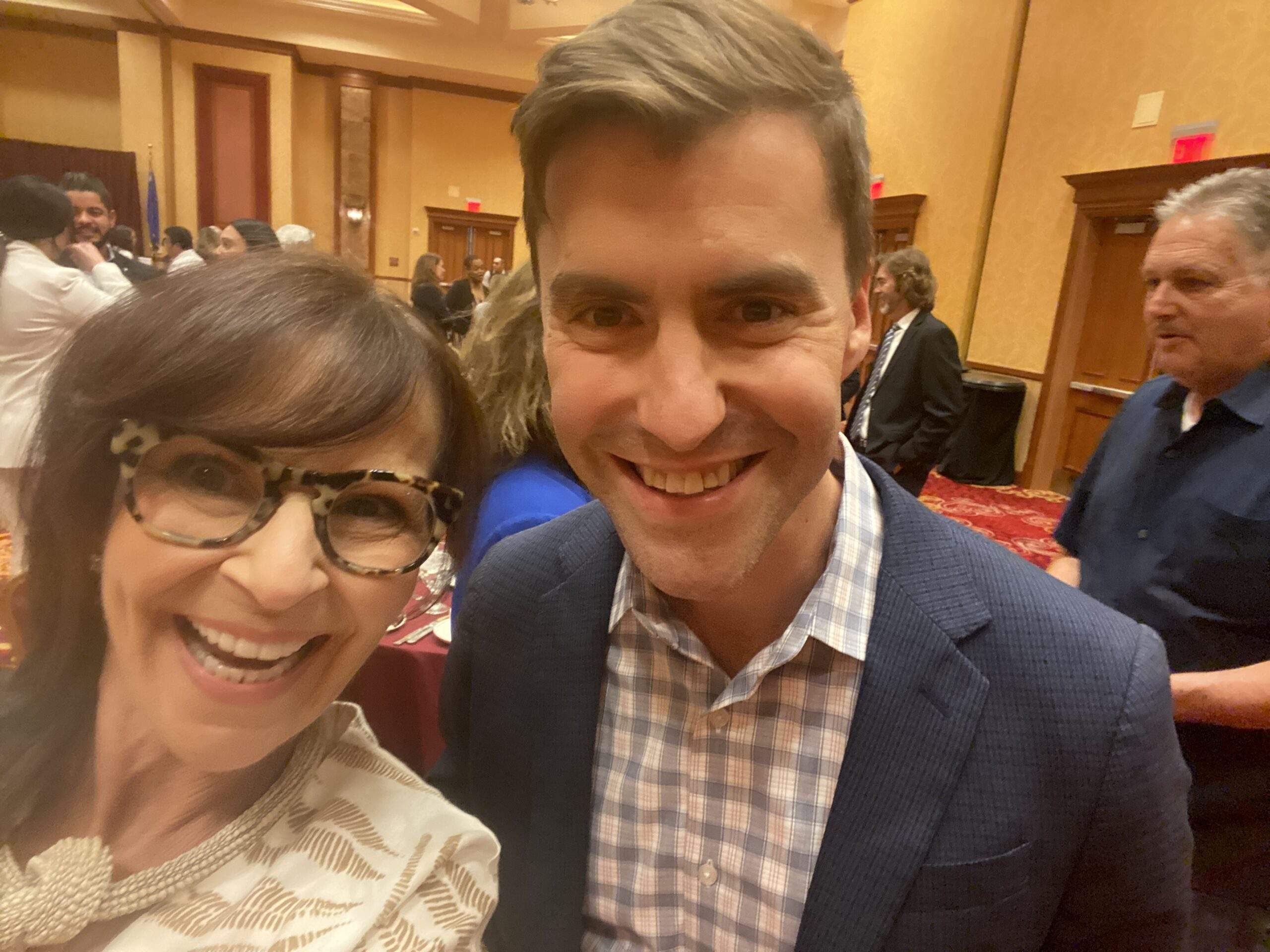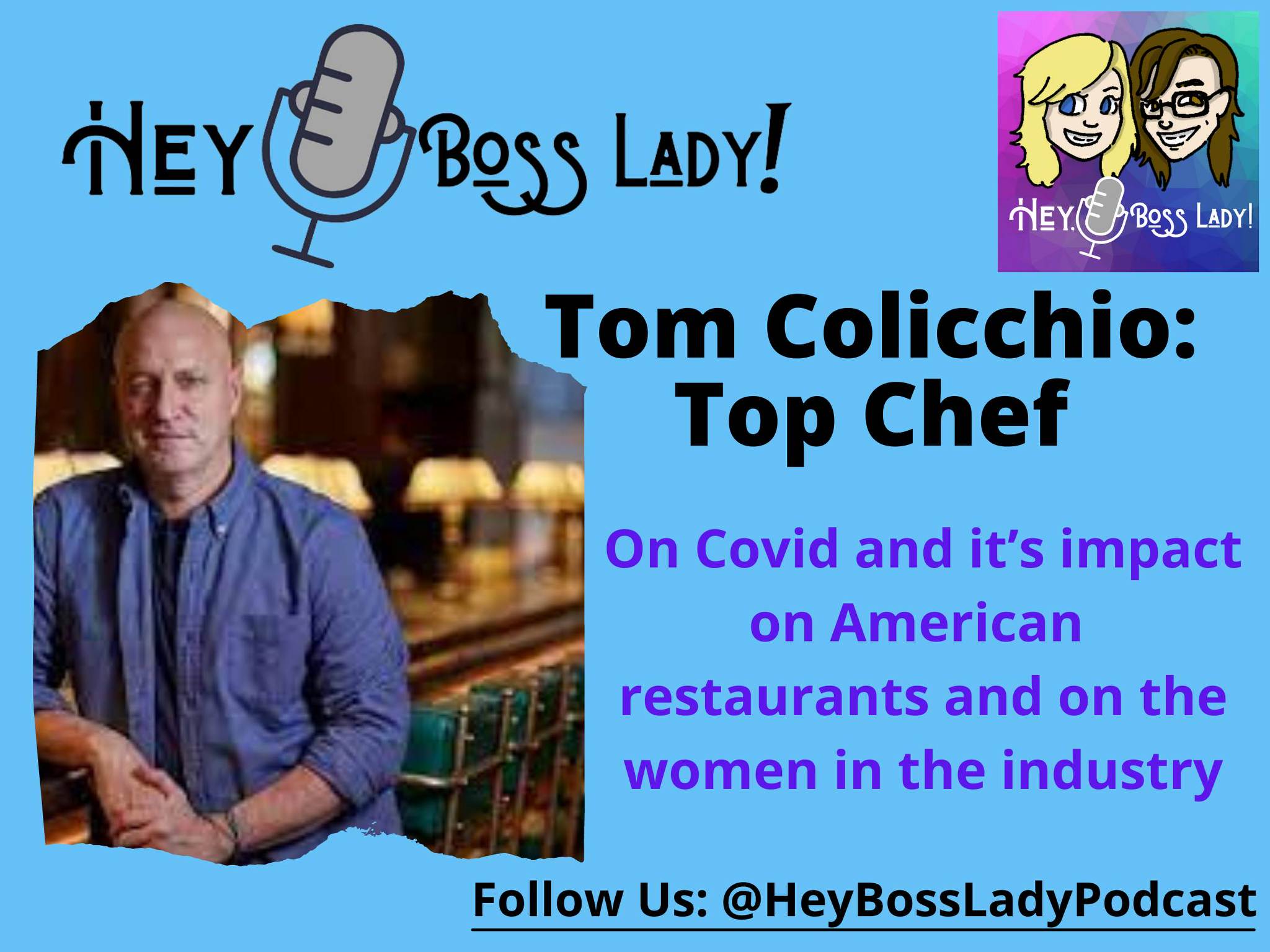 Dr. Success Challenge: Pick one positive habit you would like to develop and set a plan to develop it. Easy for me to type, difficult for us all to do. So here is the real challenge. Invest some time thinking back on occasions when you developed a new positive habit in your life. Think about the specifics of what you did and how you felt. Learning for yourself how you develop positive habits is as important as attempting to develop one. Once you know your system, it circumvents some of the time needed to develop new habits because you just replicate the system for the next habit change. If you want a head start on how you first learned to develop positive habits, read Whale Done Parenting.
Dr. Success Challenge: Pick one positive habit you would like to develop and set a plan to develop it. Easy for me to type, difficult for us all to do. So here is the real challenge. Invest some time thinking back on occasions when you developed a new positive habit in your life. Think about the specifics of what you did and how you felt. Learning for yourself how you develop positive habits is as important as attempting to develop one. Once you know your system, it circumvents some of the time needed to develop new habits because you just replicate the system for the next habit change. If you want a head start on how you first learned to develop positive habits, read Whale Done Parenting.
Remember these three little words: Attention – Approval – Acceptance
When I was given a copy of Whale Done Parenting I was at a loss. I knew the work of the lead author, Ken Blanchard, and had used a number of his books in my early business career. However, I was at a loss because I did not understand why he had co-authored a book on parenting, and most of all, I was at a loss because I was unsure what I was supposed to learn from this book at this point in my life. Within a short time of receiving the book, I also had the opportunity to be vetted for a segment of the Rachael Ray Show. The producers were vetting me for a segment offering Happiness Tips to start 2010. The two instances may not immediately seem related, yet once again I was shown how pervasive coincidence, synchronicity, and serendipity really are.
One of the main challenges I had during the segment vetting was succinctly articulating why the happiness tips I was suggesting really worked. That is where Whale Done Parenting came in. From a quick read I realized that it was describing exactly how to instill and repeat positive habits in our lives. However, it was instructing how a parent should productively work with a child. What I took away was how, as an adult, I had forgotten what it really takes to build a positive habit. The skills and techniques offered in Whale Done Parenting are actually the same skills adults need to create new habits in our adult lives.
So that you are not thrown completely off guard let me explain a little bit about Whale Done Parenting. Its intended audience of readers is parents with children under 5 years of age. It is the story of how techniques used to train killer whales at Busch Entertainment Corporation’s SeaWorld could be used effectively by parents to instill good, positive habits in their children. It is crafted using the same process suggested in an adult workplace training program entitled Whale Done. Here is my suspicion, however. Whale Done Parenting may do more to help adults learn how they, the adults, develop positive habits than the Whale Done program might have taught them in itself.
The reason I have this suspicion is twofold. First, by reading the stories of a parent’s day-to-day challenges with guiding a child, I was reminded of my own young-life learning experiences around those same day-to-day habits. That created a mental anchor to the story which helped me see how the story and its tips could apply to my life. Second, we will change for those we love long before we will change something just to benefit ourselves. By learning what it takes to instill good habits in your children, you are indirectly relearning what it takes to learn good habits for yourself.
What I took away from the book was how I had forgotten how easy it is to teach a positive habit verses break a negative habit. What I forgot was all of us are, regardless of age, motivated by attention, approval and acceptance. When the attention is positive, the approval is positive, and the acceptance is positive, the desire to repeat the habit or behavior increases.
What I liked the most was the use of the term “redirect”. At every key note, the authors suggest ignoring the undesirable behavior, yet they invest most of the time instructing you how to redirect your attention away from what you don’t want to happen, and focus your energy on what you do want to have happen.
I suggest this book for anyone who enjoys being entertained with a story while learning a lesson. If you have any adults on your holiday gift lift who might not have gotten the message on how easy it is to learn positive behaviors, this may be the book for them.
Think of it this way, if the suggested techniques work with killer whales to the degree that a trainer is willing to get into a tank of water with them, don’t you think the suggestions might work for your spouse or coworker?
With appreciation,
Andrea T. Goeglein, PhD
Dr. Success™
https://www.servingsuccess.com/
1 866 975 3777 toll free
Tweets by DrSuccess




Dear Dr Success,
I have already read the book and googled it a bit and found your site.
I have a few confusions about this, if you care to adress them?
Extract from my Review about the book: http://jussaemon.blogspot.com/2010/02/whale-done-parenting.html
How do i apply this to an infant who doesn’t understand words yet?
I know i may be underestimating babies. But imagine, how do i tell him… “Would you like to give mummy that wire?” I guess they would say that IF he happens to give it to me then i should praise him and he would associate the word to the action. But if he doesn’t??
And then, how do i understand what his cries mean since he can’t express his wants yet. What? Do i leave him to cry? like when he wakes up at night crying. He sleeps next to me, I can’t just ignore him now, can i? Or if he did sleep a bit longer, would he understand when i say, “Good job baby! You slept longer than usual. It helped mummy to do the housework. Shall we sleep all thru the night without waking up tonight?”
Often the trouble scenarios in the book would describe what they should have done or what to do the next time but never say what they do at that very moment! How do they get away from the scene???
If food is a treat, would giving him his dinner after bad behaviour reinforcing it too?
How do we know for sure that praising for small steps would make him do the whole thinga majig one day and not just stick there mid-progress? Wouldn’t it confuse them when they revert to doing the wrong and we didn’t say anything to it? I’m thinking of maybe… getting them to eat veges. We praise if he had taken a bite. But he refused the next bite and we kept quiet. He might think that this behaviour is condoned, won’t he?